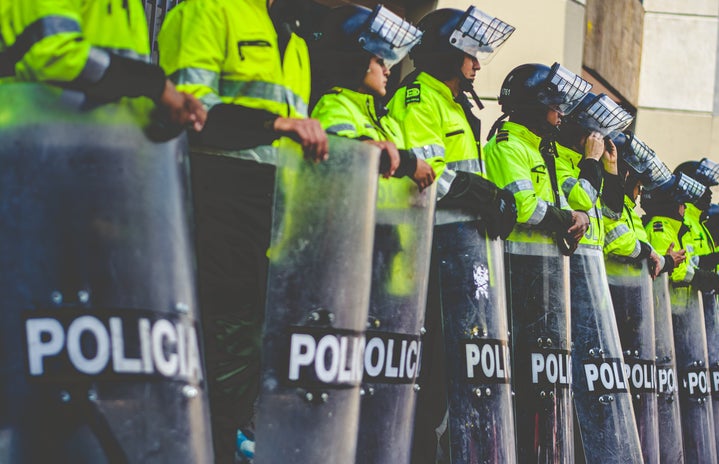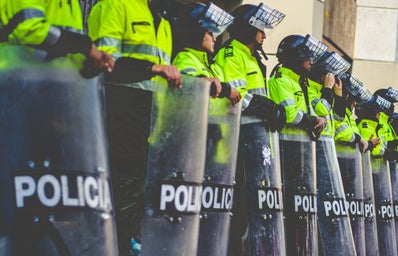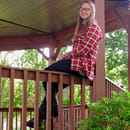It is scary, but it is real.
*TRIGGER WARNING! The following article contains information on sex trafficking.*
Sex trafficking, defined by Merriam-Webster, is “the illegal business of recruiting, harboring, transporting, obtaining, or providing a person and especially a minor for the purpose of sex.”
According to the Minnesota Judicial Branch, Minnesota is in the top three states for child sex trafficking. Thousands of minors are being sexually exploited on a daily basis.
A study conducted over a six-month period found over 34,000 online sex advertisements in just the Twin Cities. In April of 2019, the Minnesota Bureau of Criminal Apprehension (BCA) arrested 58 individuals in the Twin Cities metropolitan area within a four-day span. This sting rescued 28 sex trafficking survivors.
In 2018 during the Super Bowl LII weekend in Minneapolis, Minnesota, the Bureau of Criminal Apprehension arrested 94 suspects—36 of those suspects were arrested for soliciting minors. The Super Bowl LII sting saved 28 potential victims ranging from 17 to 49 years old.
The Twin Cities isn’t the only area in Minnesota with sex trafficking. Throughout the state, approximately 26,000 men illegally buy sex annually. In January of this year, the Minnesota Health Commissioner, Jan Malcolm, released a survey taken by 80,000 Minnesota teenagers in 2019—keep in mind that over 889,000 students attended public schools in Minnesota during the 2018-2019 school year. Of the 80,000 teenagers that took the survey, at least 5,000 reported answering yes to the question, “Have you ever traded sex or sexual activity to receive money, food, drugs, alcohol, a place to stay or anything else?” The highest percentage of students who traded sex for something lived in the Northwest region of the state. Some students could have lied or not been in school that day.
In northern Minnesota, a 16 year old sex trafficking survivor reported being sexually exploited at least five times a day. In one year, that is approximately 1,800 times.
Who is guilty?
The vast majority of people in Minnesota who buy sex are married white men, typically in the middle to higher economic class. However, there are women who take part in sex trafficking as well, but the numbers are significantly lower. An example of this was in 2013 when Montia Marie Parker, a senior honor-roll student and captain of the cheerleading squad at Hopkins High School, demanded a fellow cheerleader, who had a developmental cognitive delay, to give oral sex to an adult male. Sometimes suspects are not who you would initially expect.
How do they partake in illegal sexual activity?
Suspects buy and solicit sex through online advertisements, “underground” networks and direct involvement—such as street-based prostitution, parks and schools.
How can you help end sex trafficking?
1. Become familiar with the signs.
2. Volunteer with local anti-trafficking programs and organizations.
3. Encourage local schools to require an anti-trafficking presentation at a school assembly or in its curricula.
4. Help local schools develop protocols.
5. Talk to your local officials about the anti-trafficking plans they have. If they don’t have any in place, push to create some.
6. Report to the proper authorities if you suspect something is happening—better safe than sorry.
Sex trafficking is serious and real, and it is right here in Minnesota.
Now is not the time to sit back and “let the professionals handle it.” Sex trafficking is an all-hands-on-deck type of situation. It was bad enough before the Internet but with ever-expanding websites and technology, it is becoming a bigger issue. Work with your local authorities, always be aware and never stop educating yourself and others.


